WHAT OUR CLIENTS SAY
Bascom is one of the most professional realtors I have had the pleasure of working with. His follow-up is exceptional. Would not recommend anyone else in the Key West area.
Bascom Grooms Real Estate
Key West | Florida Keys
Bascom Grooms Real Estate has been successfully meeting the needs of Key West and Florida Keys property buyers and sellers since 1999. Founded by 5th generation Key West local Bascom Grooms IV, the firm has become a leader in Keys real estate and a top producing Key West independent brokerage.
A local team of agents with deep knowledge of the local market and a dedication to delivering the highest level of personal service to their clientele helps Bascom Grooms Real Estate stand above the rest. Whether you are thinking of buying, selling, or investing in Florida Keys real estate, you can count on the experts at Bascom Grooms Real Estate.

For Sale
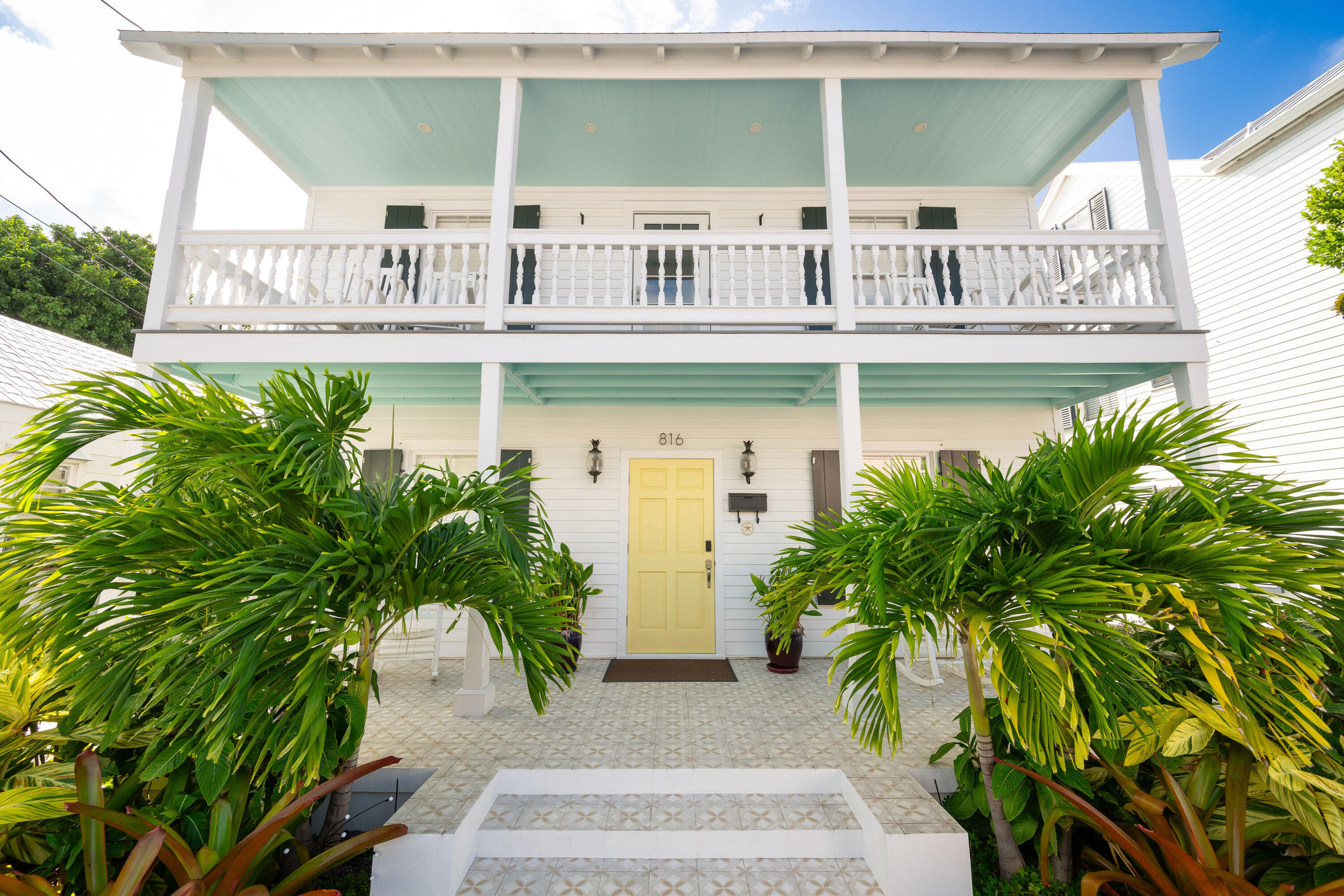
816 Ashe Street, Key West, FL 33040
For Sale
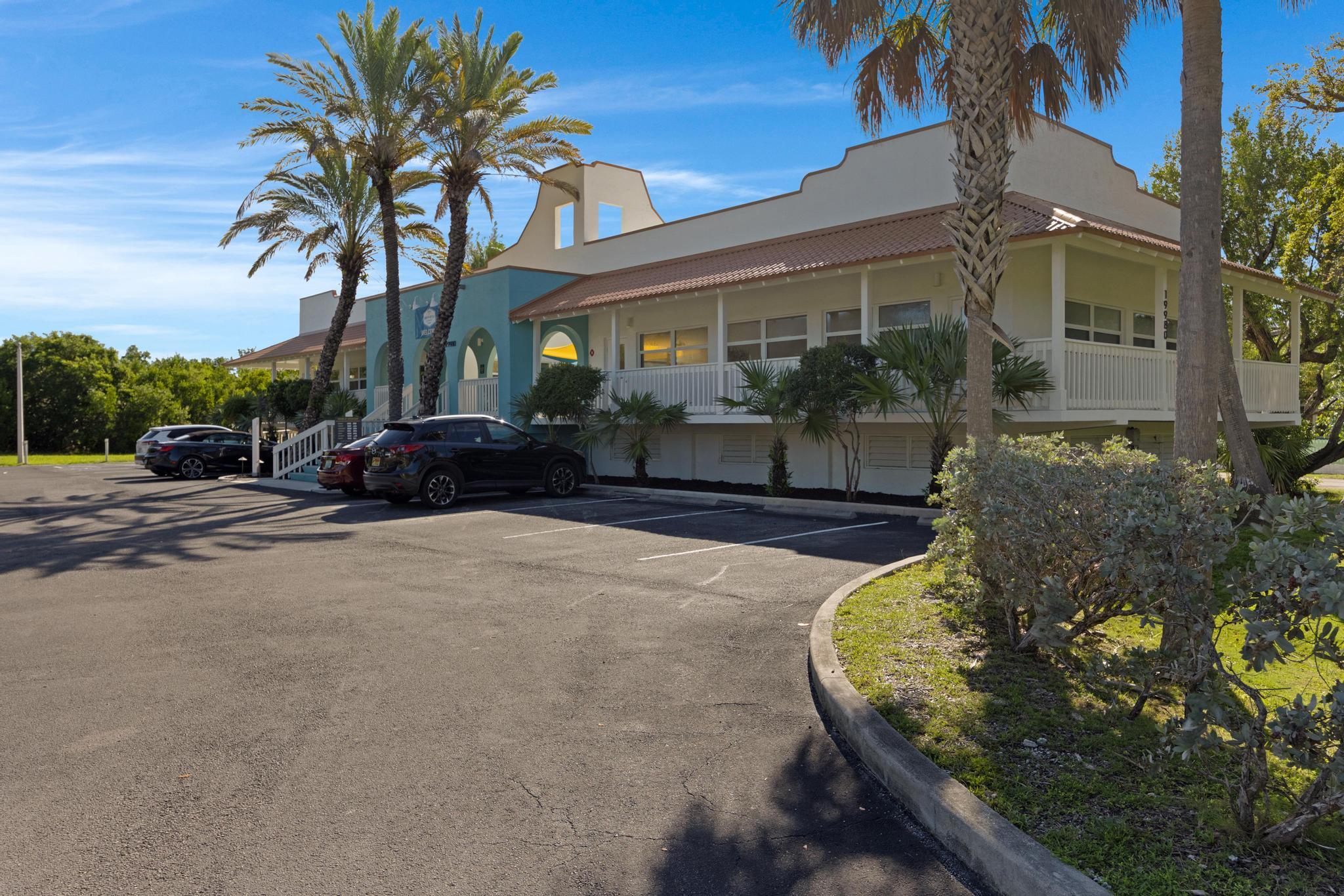
19980 Overseas Highway, Sugarloaf Key, FL 33042
For Sale
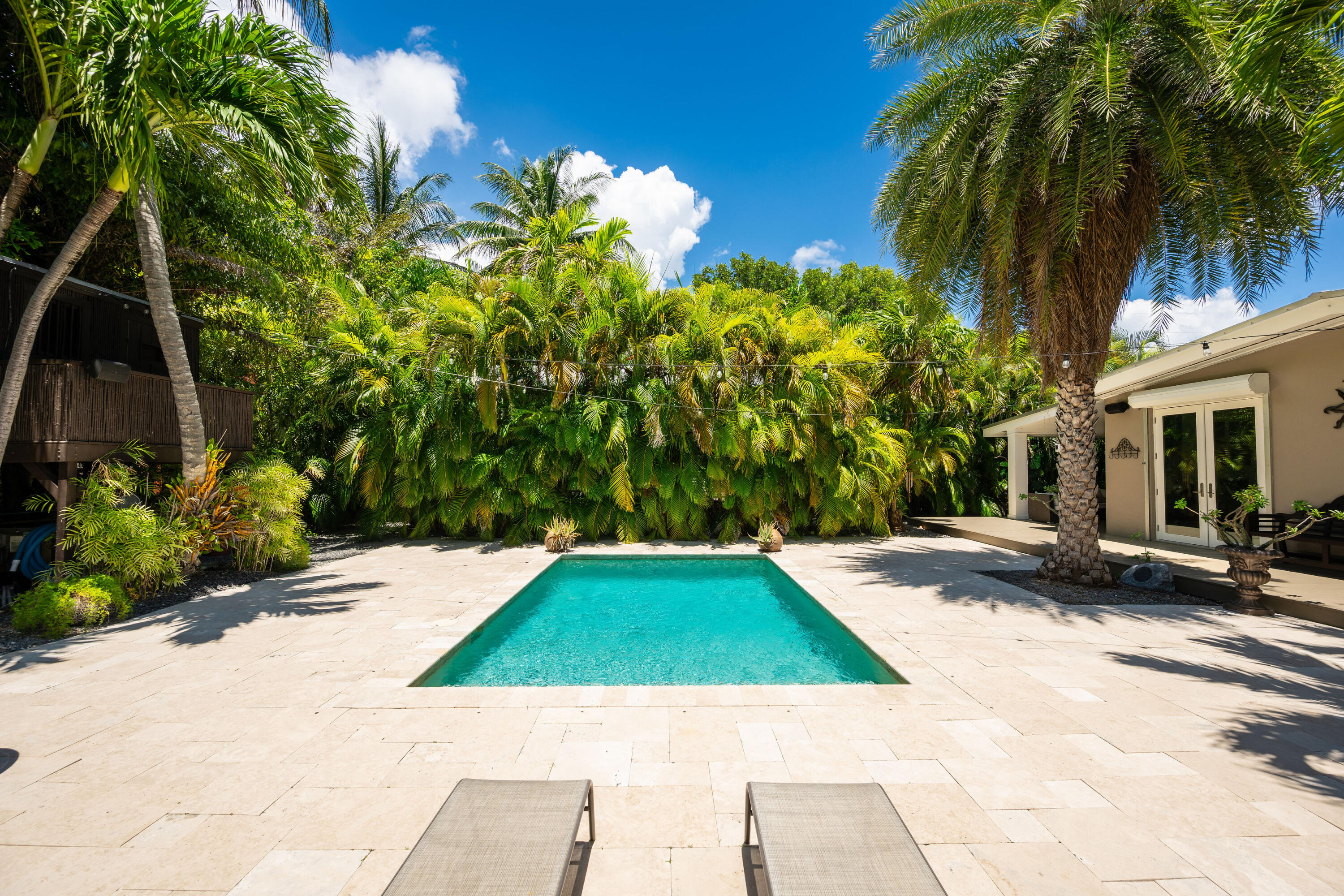
1516 17th Terrace, Key West, FL 33040
For Sale
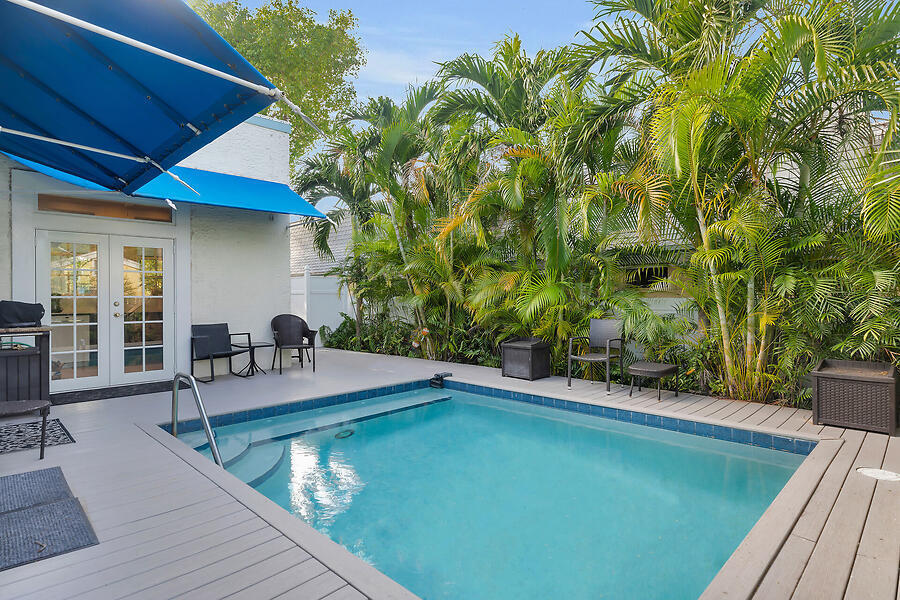
1211 Catherine Street, Key West, FL 33040
For Sale
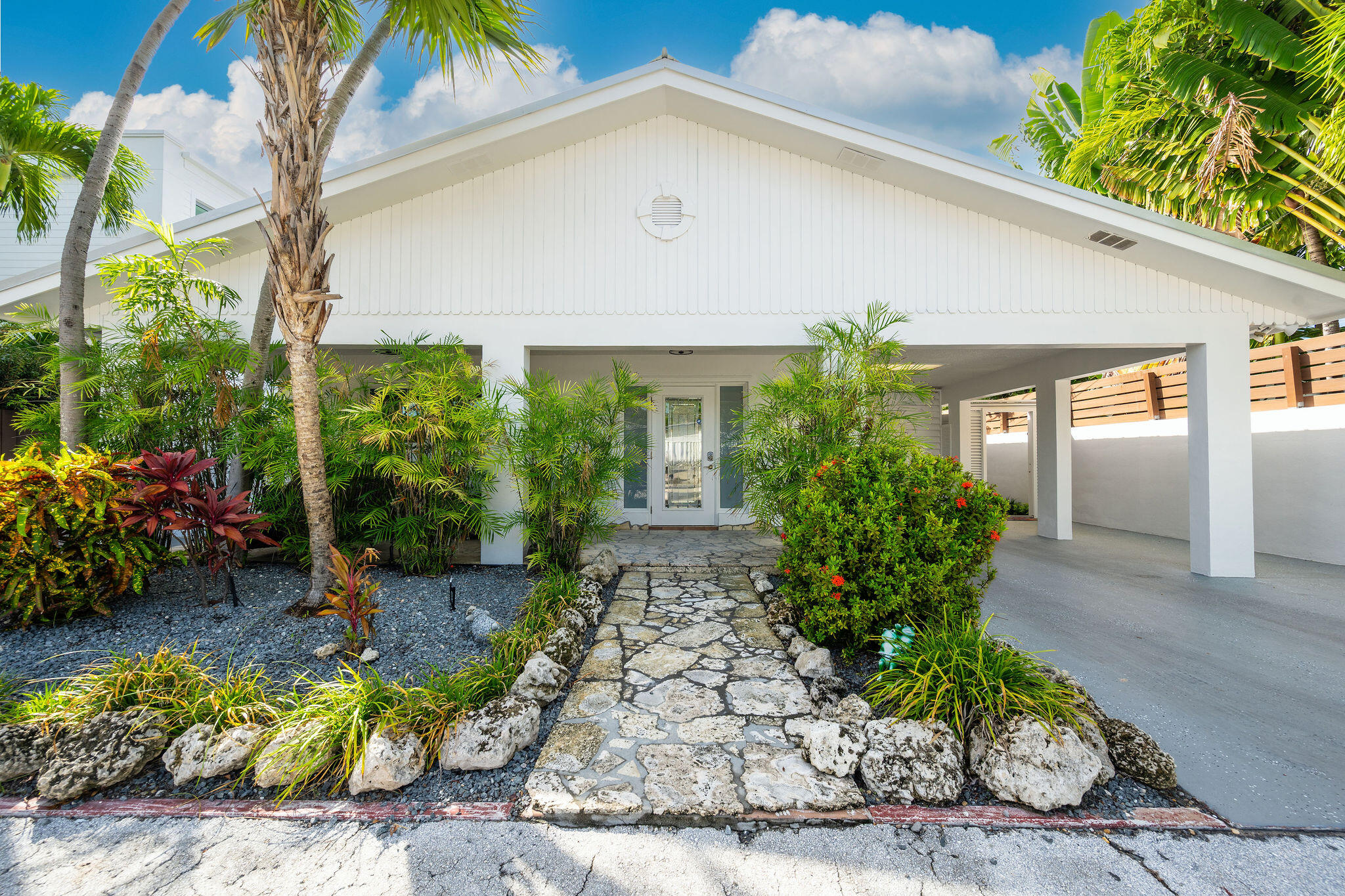
1612 Washington Street, Key West, FL 33040
Active Under Contract
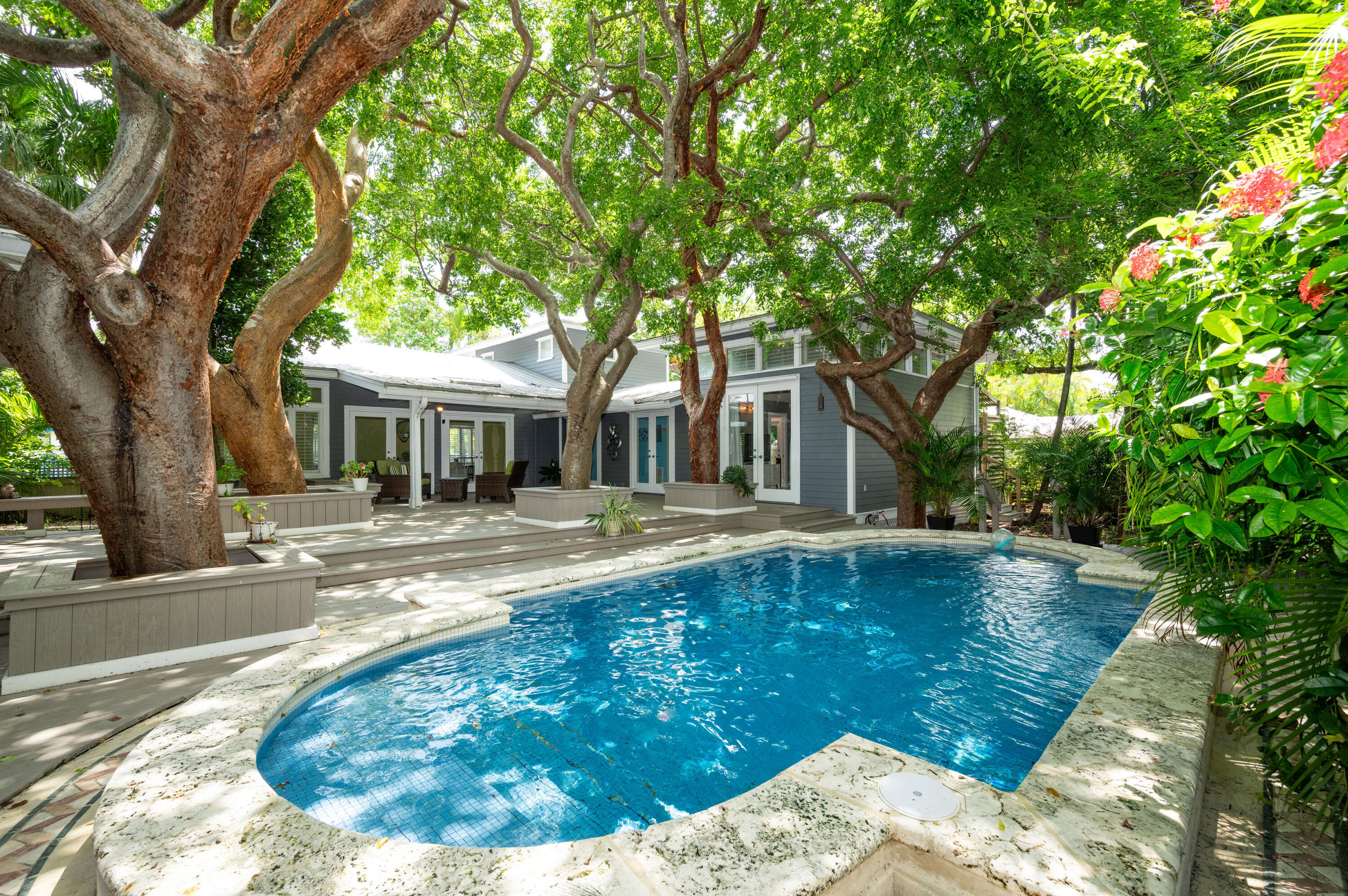
1730 Flagler Avenue, Key West, FL 33040
For Sale
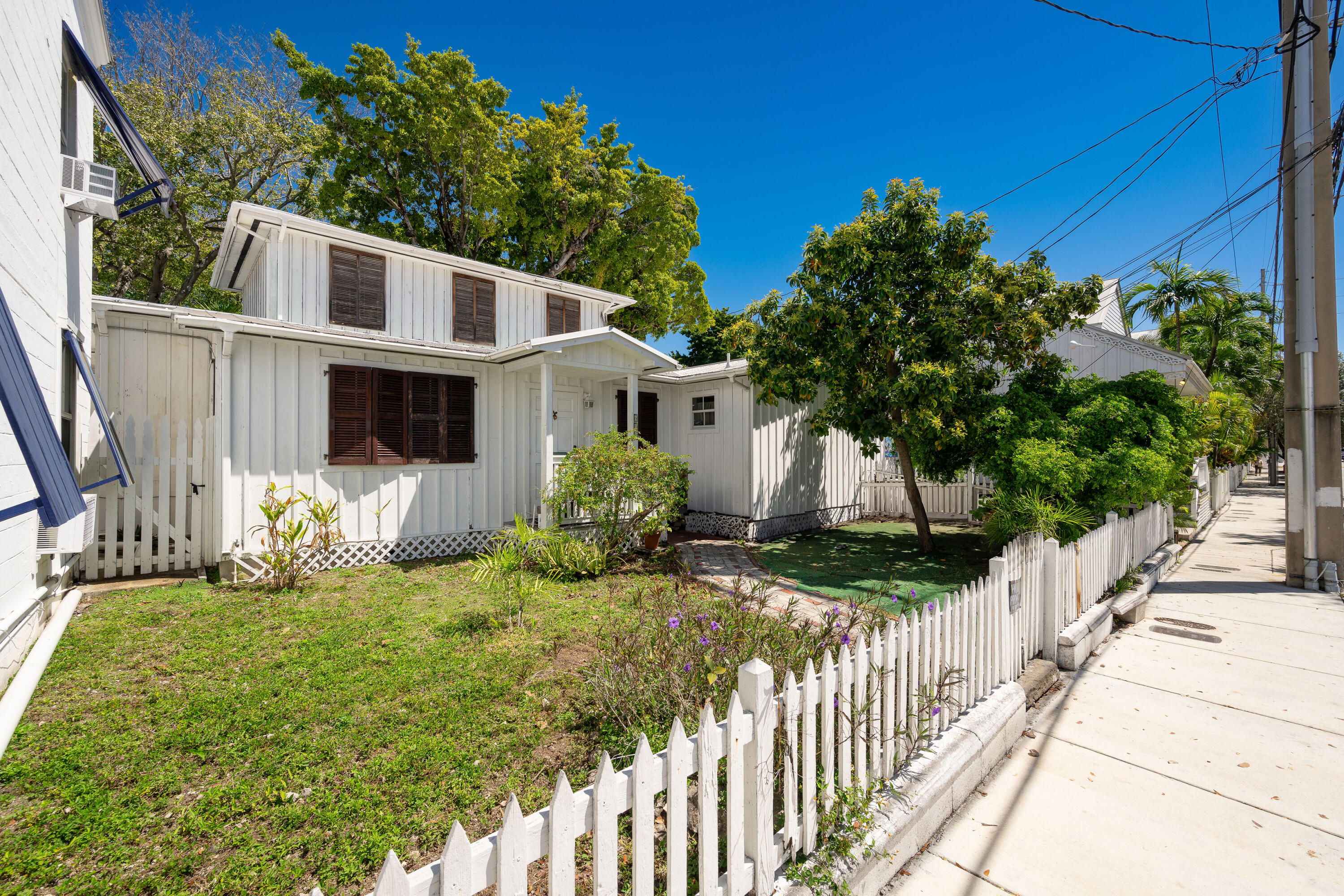
611 Simonton Street, Key West, FL 33040
Active Under Contract
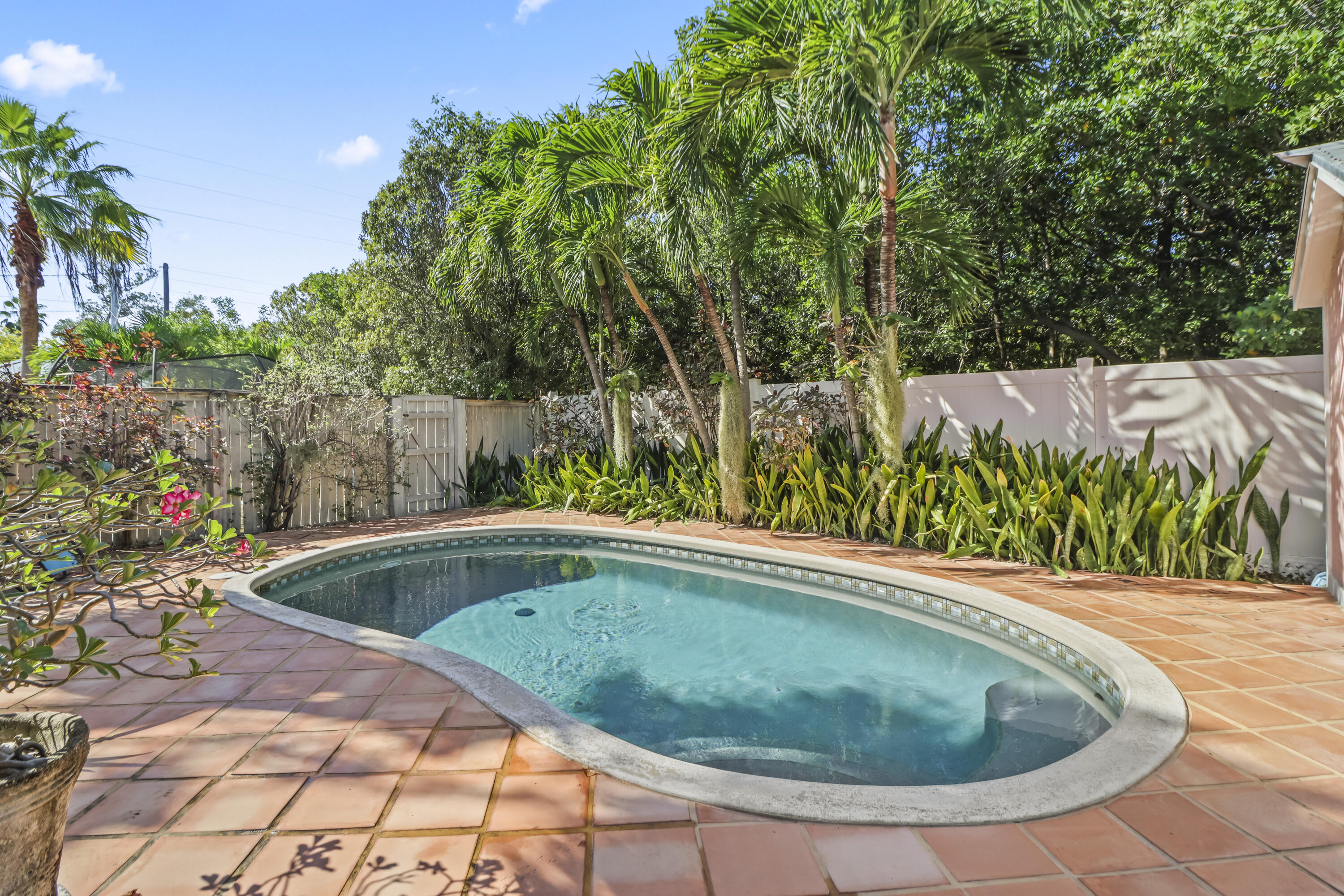
1406 Sunset Drive, Key West, FL 33040
For Sale
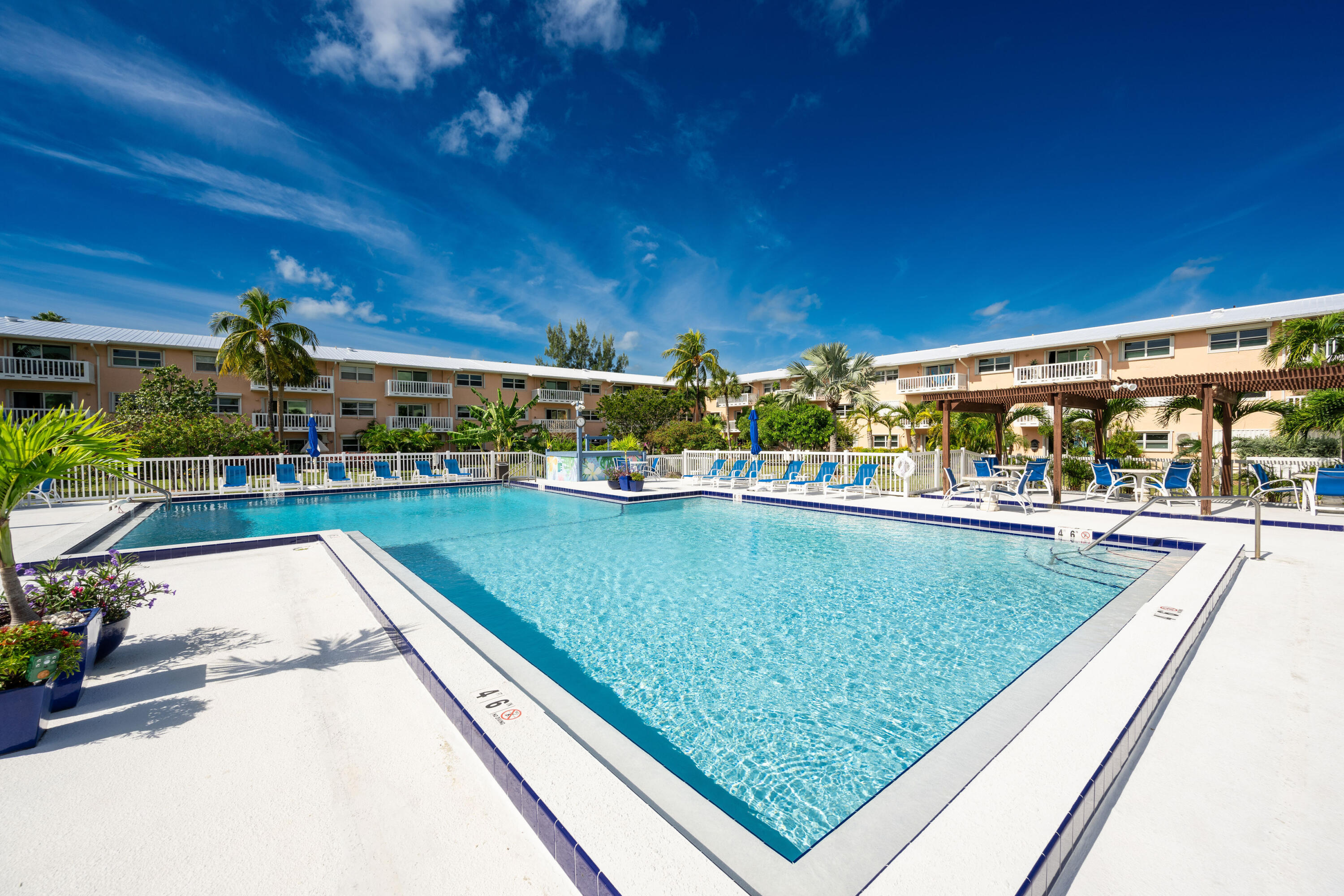
2601 S Roosevelt Boulevard Unit: 103C, Key West, FL 33040
For Sale
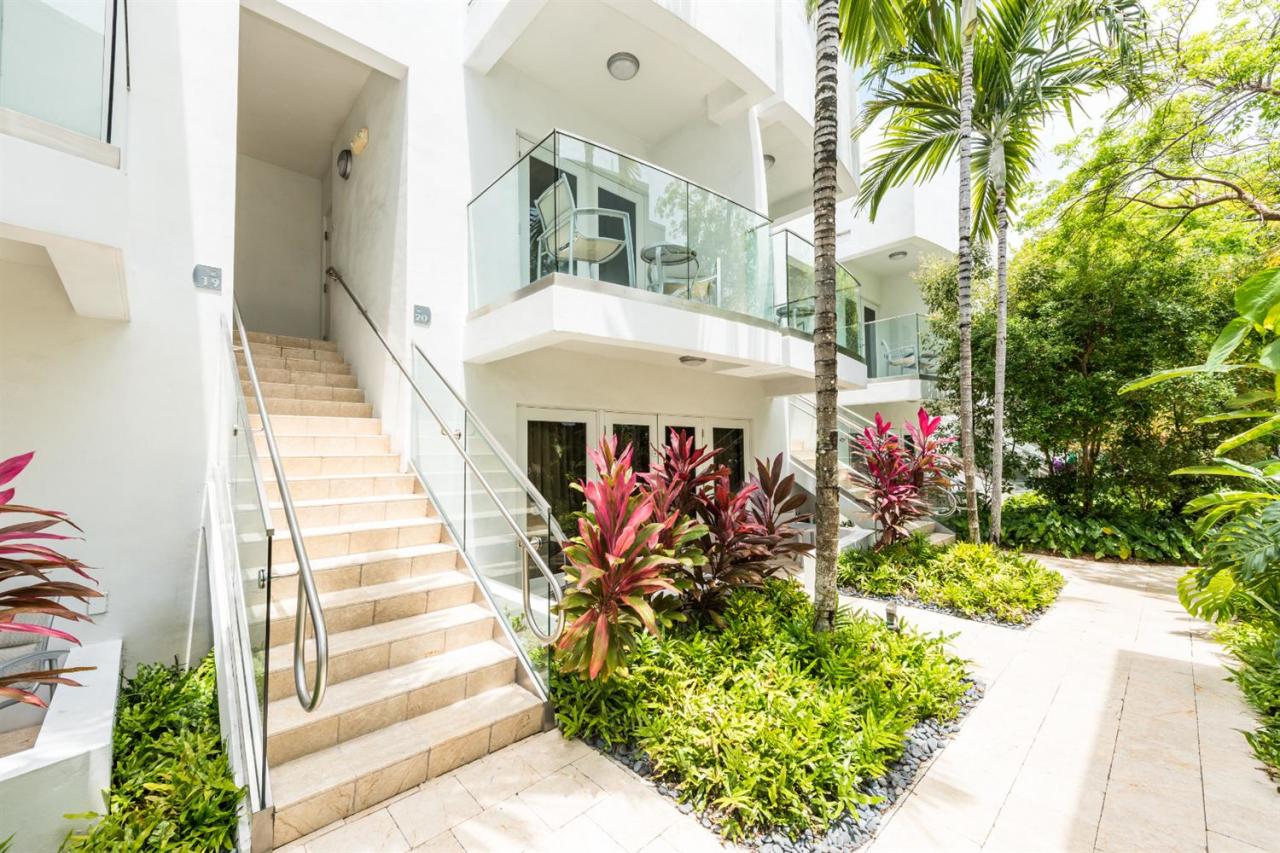
1401 Simonton Street Unit: 20, Key West, FL 33040
For Sale
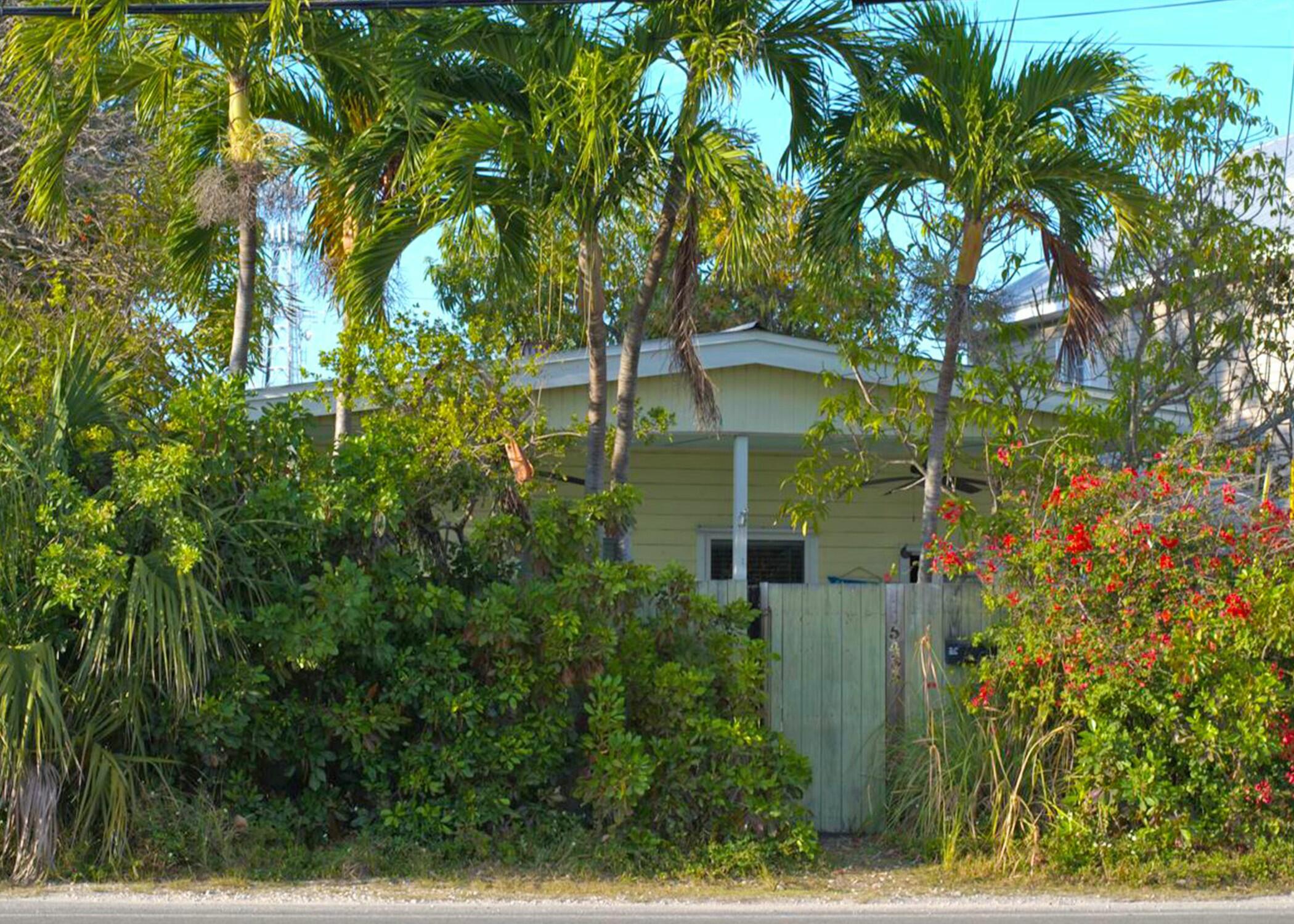
5435 5Th Avenue, Stock Island, FL 33040
For Sale
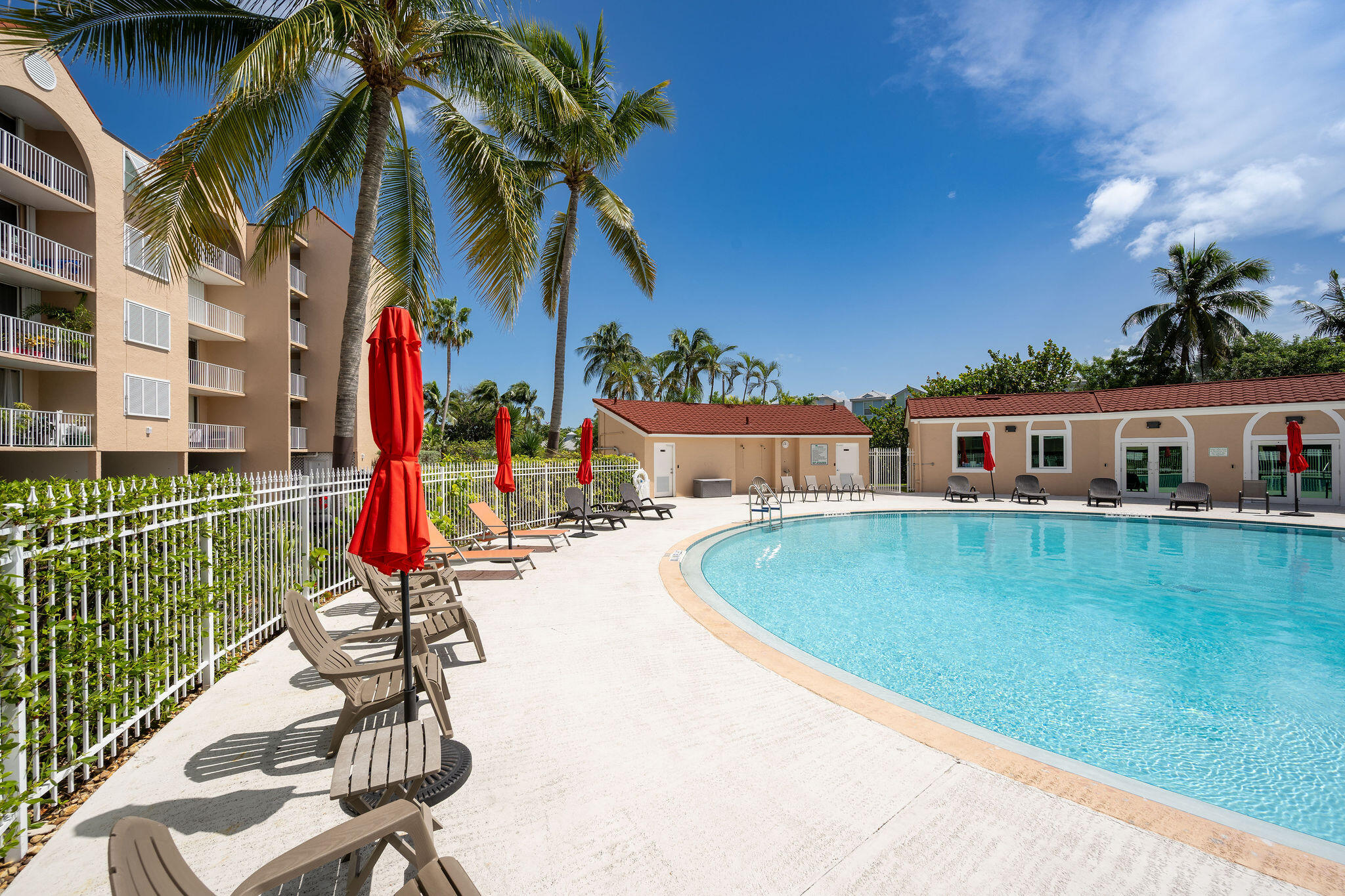
3930 S 3930 Roosevelt Boulevard Unit: S303, Key West, FL 33040
For Sale
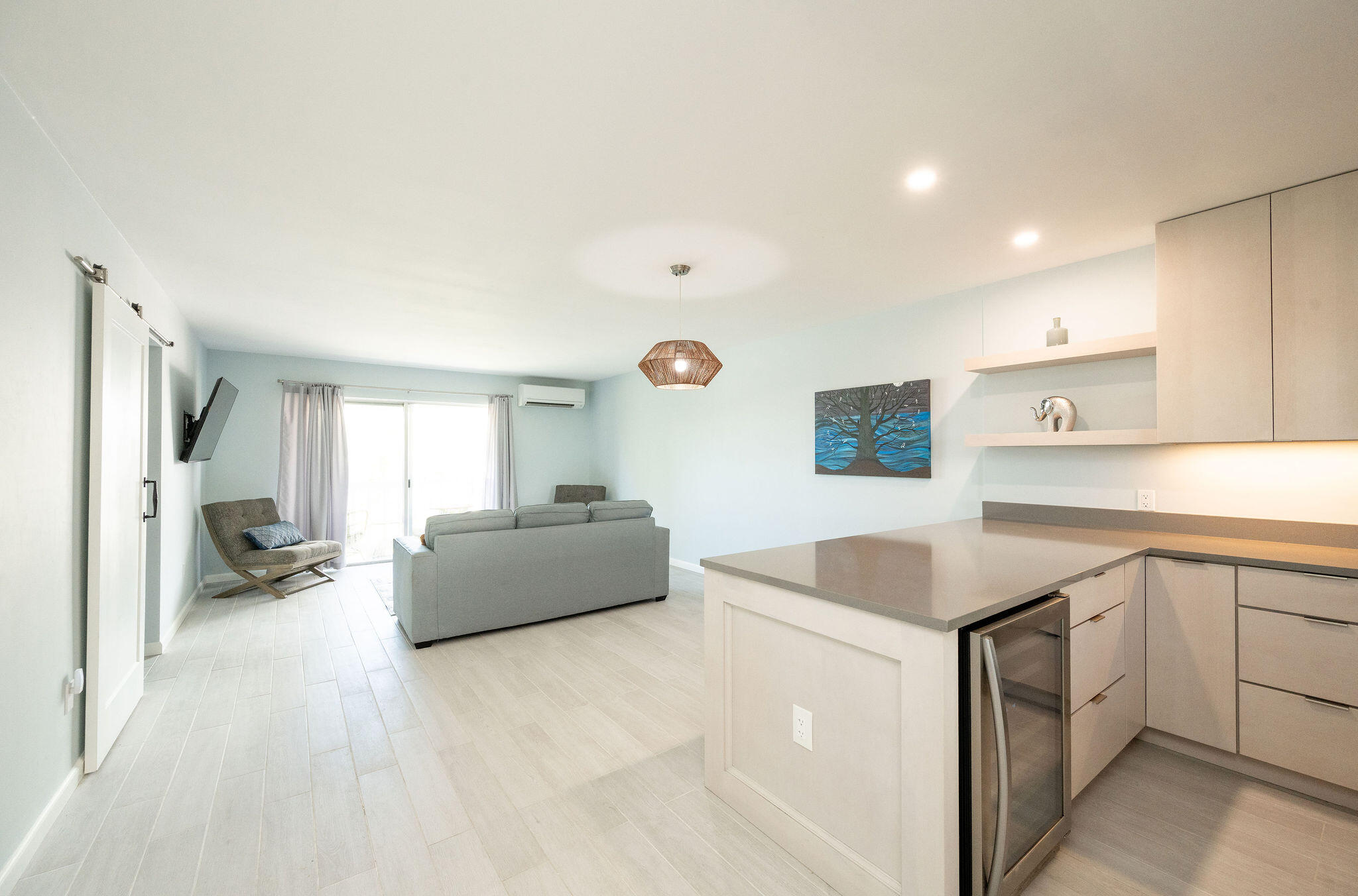
2601 S Roosevelt Boulevard Unit: 319C, Key West, FL 33040
For Sale

3312 Northside Drive Unit: 512, Key West, FL 33040
For Sale
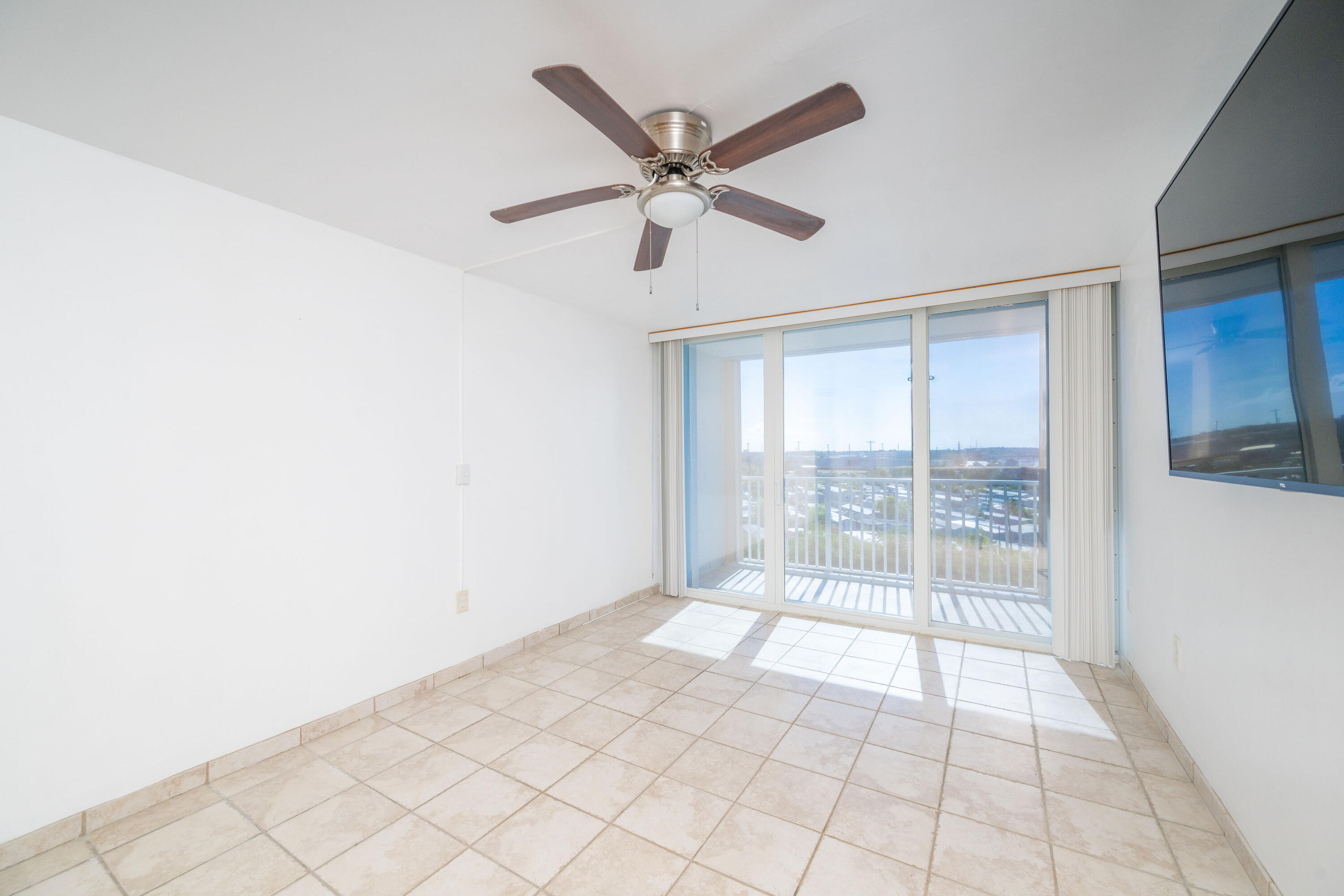
3312 Northside Drive Unit: 712, Key West, FL 33040
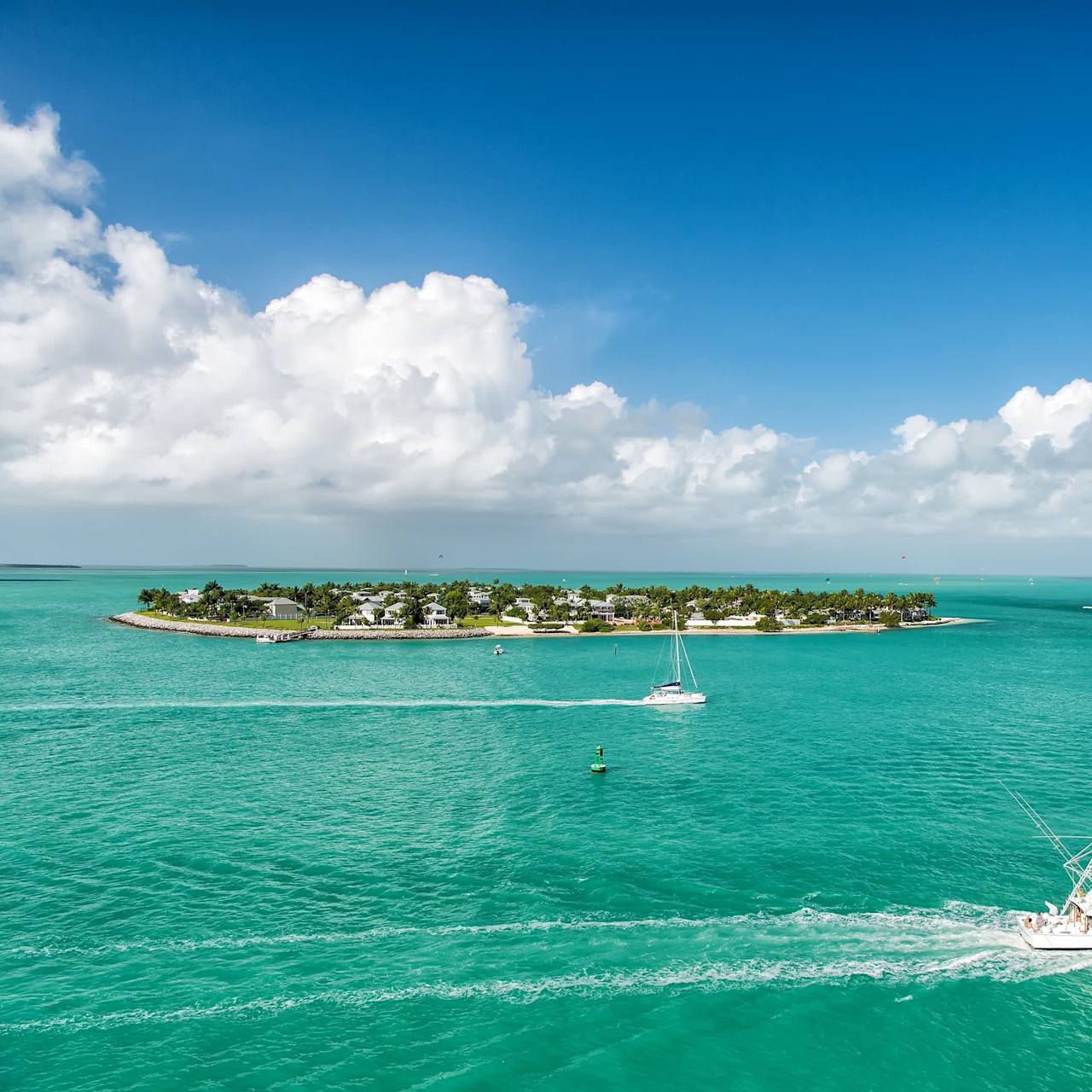
For one thing, Key West is the southern-most city in the United States, sited at the farthest reach of U.S. Highway 1 and the seaward end of the amazing section of Highway 1 that runs southwest from the Florida peninsula and is known as the Overseas Highway.
For another thing, is very difficult to find any place more incredible than Key West.
The only Caribbean island that you can reach by car from the U.S. mainland, Key West is bounded by crystal blue Atlantic waters on one shore and the turquoise green Gulf of Mexico on the other. The island overflows with scenery, history, entertainment, recreation, and personality. Often called paradise, Key West is renowned for converting vacationers into residents.
The Key West real estate market offers some of the most unique and attractive properties in America, and when it comes to Key West and Florida Keys real estate, buyers and sellers alike count on Bascom Grooms Real Estate for local expertise and superior customer service.
Whether you are thinking of buying, selling, or investing in Florida Keys real estate, you can count on the experts at Bascom Grooms Real Estate. Contact us today to discuss all your real estate needs!